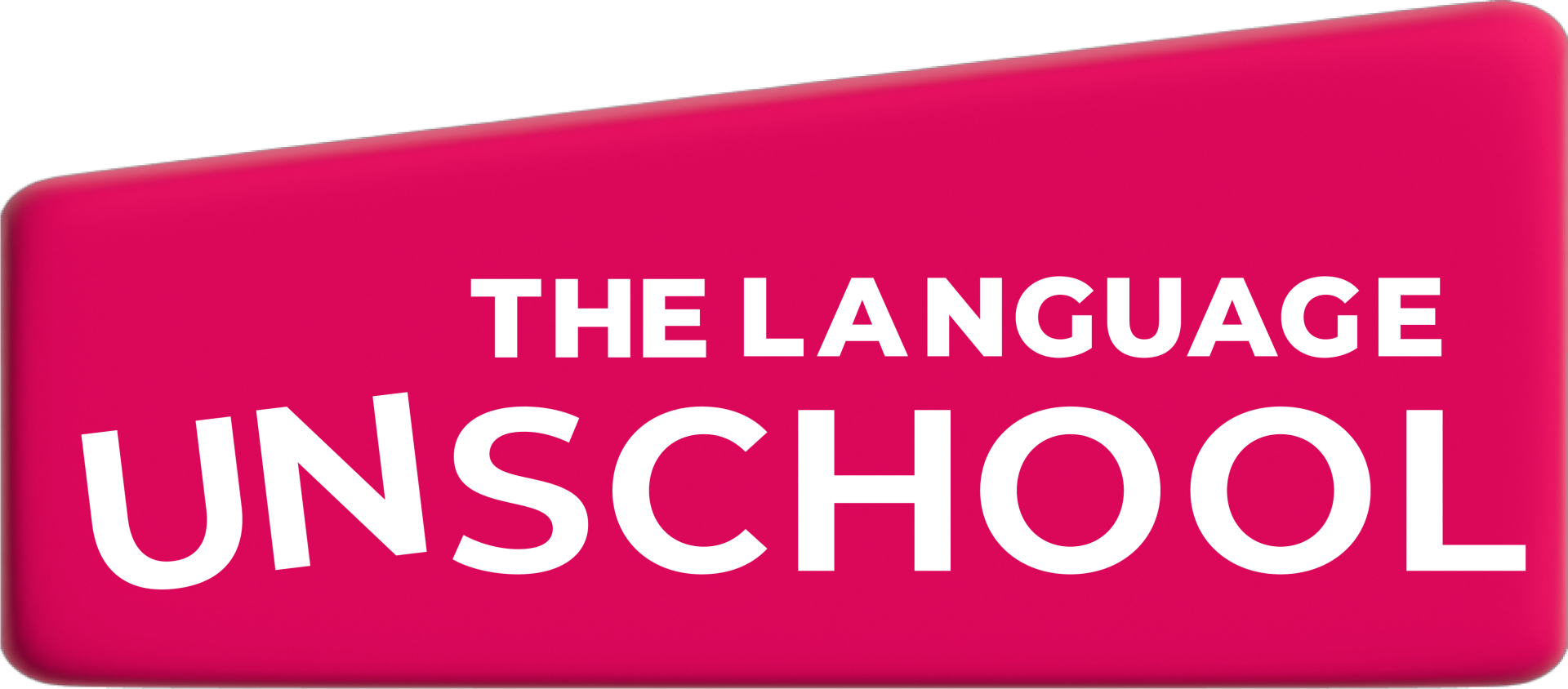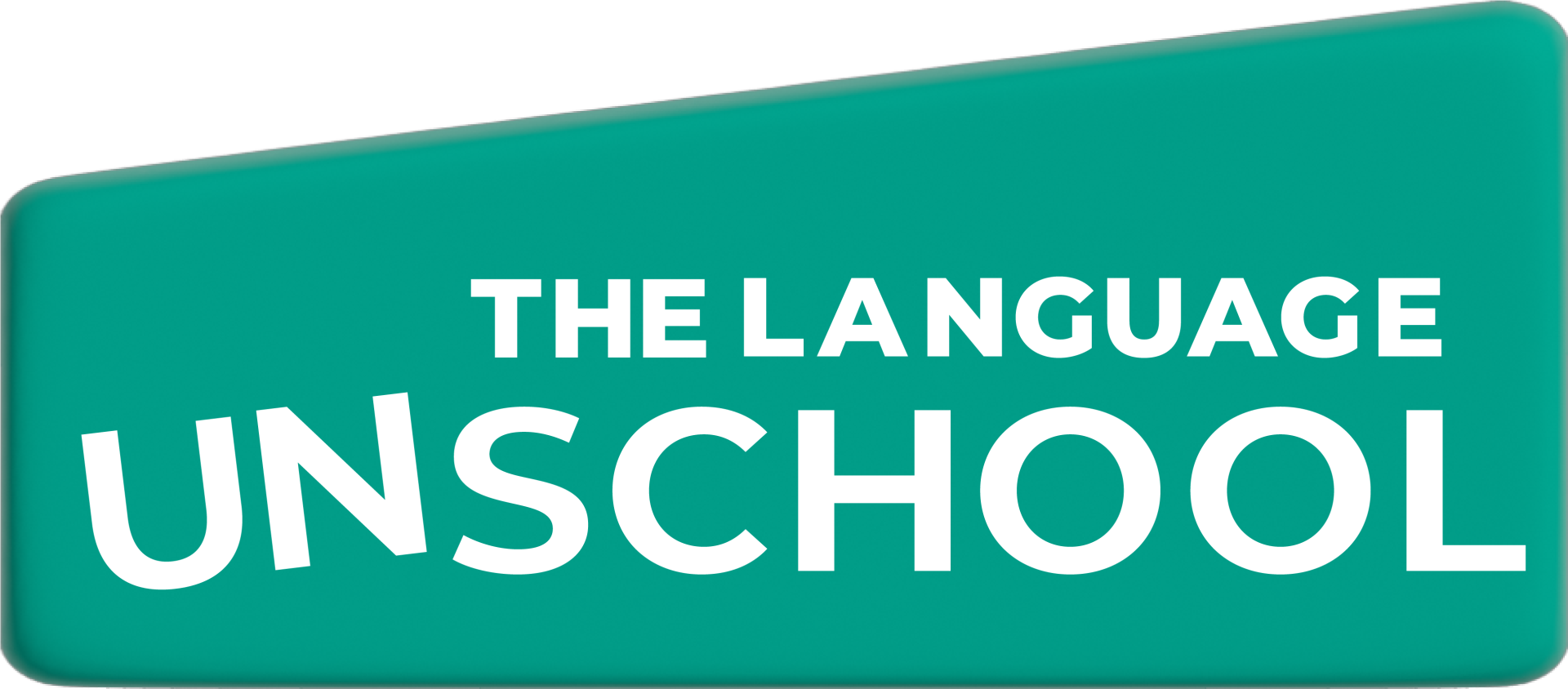40 seconds of a Portuguese Soap Opera
Write your awesome label here.
Step #1
Listen to the
clip 3 times and check how much you understand:
- I’m a good observer of human behaviour [you get what the general situation is and can assume what they’re talking about: greeting, ordering, etc]
- I’m just a newbie, ok? [you picked up a word here or there]
- I’ll never get this language! [I got a lot, but some words were really impossible to understand no matter how many times I listened]
Step #2
After not
despairing or giving up (not an option), turn on the captions by clicking on the CC button on the bottom right hand side of the video, then the wheel symbol (aka the “settings” button), “subtitles”, “auto-translate”, search for your mother-tongue, select it, and watch the clip again, now noticing the subtitles to see if things start making a bit more sense (note that the translation won't be perfect because the captions are auto-generated)
Step #3
Watch the clip once [with Portuguese captions]. Then read the following notes (they’re more like mini-insights; instead of having popcorn, you have me by your side juicing as much Portuguese as it’s humanly possible out of these characters ), and watch many times until you’re about to want to kill me.
Then rest.
Clearly, it’s needed.
Then rest.
Clearly, it’s needed.
Here we go...
1. Olá, bom
dia!... Bom dia!
How to sound very natural greeting someone in the morning.
2. A tempestade ontem à noite não deu descanso, hã?
How to start a conversation commenting on the weather.
3. Café?
4. Sim, por favor.
A one-word question and how to answer politely.
5. Eu acordei com a trovoada e não consegui voltar a pregar olho.
An expression that means "I didn’t sleep a wink" (lit. I couldn’t again nail my eye, as in, close my eyes)
6. Há muito que não se via uma assim.
Continuing to comment on the weather.
7. Tenho pena é dos agricultores.
Notice here how we say "I’m sorry about someone/something": I have pity of…; the "é" gives emphasis to the feeling of pity. We use this a lot.
8. É. Deve haver muita coisa destruída.
An affirmative answer made of “é” alone? Yes, that’s possible. And look at that gender agreement in action: muita coisa destruída. It never hurts to notice it (again!).
9. Então? E o negócio, como é que vai?
Don’t we love to see filler words in action (então)? And in this form of chit chat, notice how the question is asked. It’s different from the normal order (Como é que vai o negócio?), which makes questions hard to learn and hard to teach. So, keep your eyes out!
10. Falta muito para fazerem a inauguração?
“Falta” (from "faltar", to lack, or miss) is used here in a very Portuguese way to enquire how much time is left for the opening. Special verbs require special attention, don’t you think?
11. É uma questão de dias. Estamos à espera da licença da Câmara.
You might know the word “questão” in the context of “question”, but here it’s an expression so it means “it’s a matter of days”. “estamos à espera” is a good reminder of an exception of how we form the Present Continuous. Had you come across this one before? And since you’re bound to wait for a license or whatever from the city hall, I thought it was a good idea to bring your attention to it 😉
12. Ah, boa!
Reacting is so useful and part of everyday speech, especially when you can’t say much yet.
13. Muito bom dia, Marina!
Another way of greeting, with a less commonly taught “muito” before “bom dia”.
14. Tiras-me um café?
A less polite form of ordering a coffee. And what is that “-me” doing there. Any idea?
How to sound very natural greeting someone in the morning.
2. A tempestade ontem à noite não deu descanso, hã?
How to start a conversation commenting on the weather.
3. Café?
4. Sim, por favor.
A one-word question and how to answer politely.
5. Eu acordei com a trovoada e não consegui voltar a pregar olho.
An expression that means "I didn’t sleep a wink" (lit. I couldn’t again nail my eye, as in, close my eyes)
6. Há muito que não se via uma assim.
Continuing to comment on the weather.
7. Tenho pena é dos agricultores.
Notice here how we say "I’m sorry about someone/something": I have pity of…; the "é" gives emphasis to the feeling of pity. We use this a lot.
8. É. Deve haver muita coisa destruída.
An affirmative answer made of “é” alone? Yes, that’s possible. And look at that gender agreement in action: muita coisa destruída. It never hurts to notice it (again!).
9. Então? E o negócio, como é que vai?
Don’t we love to see filler words in action (então)? And in this form of chit chat, notice how the question is asked. It’s different from the normal order (Como é que vai o negócio?), which makes questions hard to learn and hard to teach. So, keep your eyes out!
10. Falta muito para fazerem a inauguração?
“Falta” (from "faltar", to lack, or miss) is used here in a very Portuguese way to enquire how much time is left for the opening. Special verbs require special attention, don’t you think?
11. É uma questão de dias. Estamos à espera da licença da Câmara.
You might know the word “questão” in the context of “question”, but here it’s an expression so it means “it’s a matter of days”. “estamos à espera” is a good reminder of an exception of how we form the Present Continuous. Had you come across this one before? And since you’re bound to wait for a license or whatever from the city hall, I thought it was a good idea to bring your attention to it 😉
12. Ah, boa!
Reacting is so useful and part of everyday speech, especially when you can’t say much yet.
13. Muito bom dia, Marina!
Another way of greeting, with a less commonly taught “muito” before “bom dia”.
14. Tiras-me um café?
A less polite form of ordering a coffee. And what is that “-me” doing there. Any idea?
Então, how unpainful was that?


